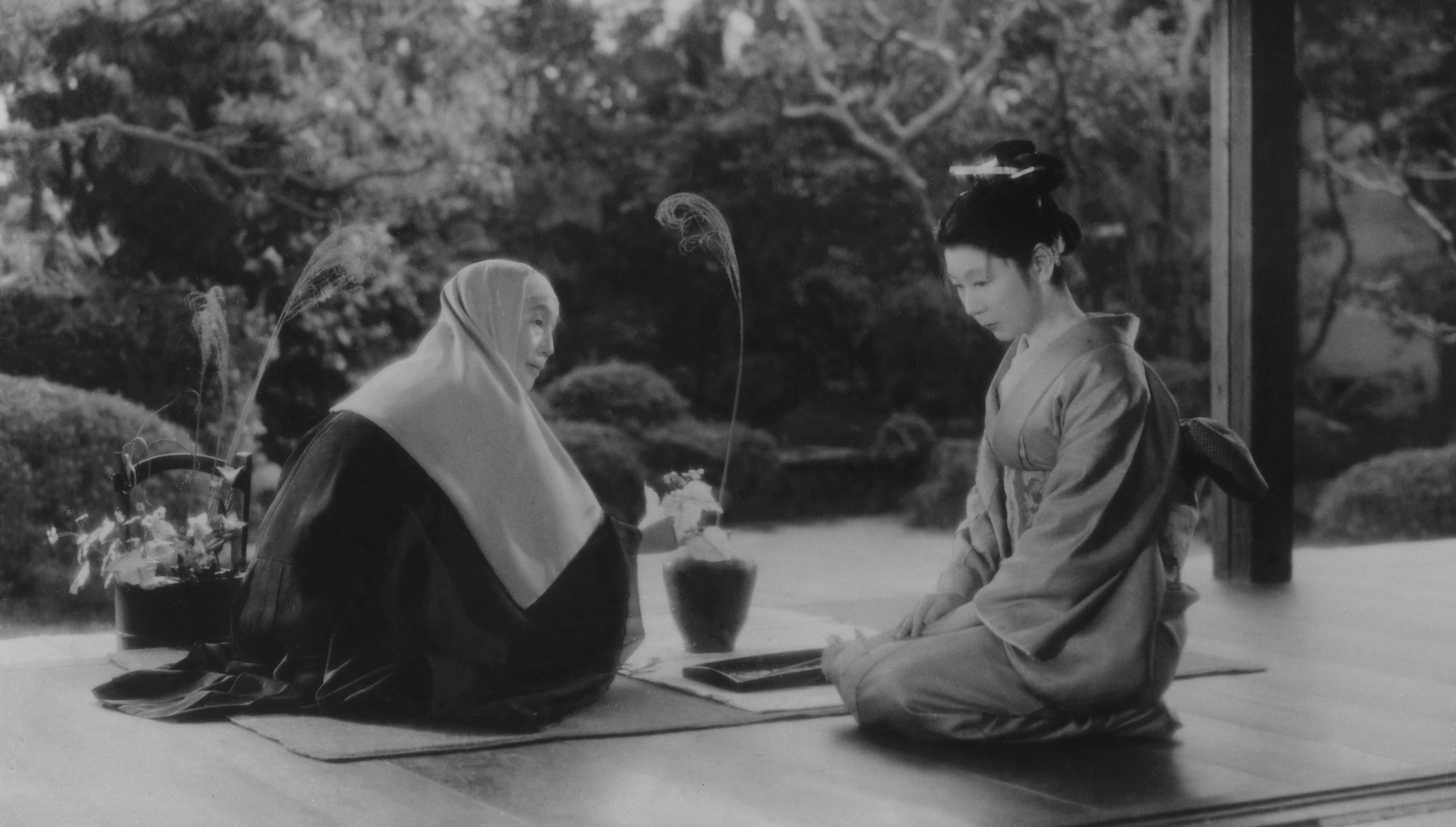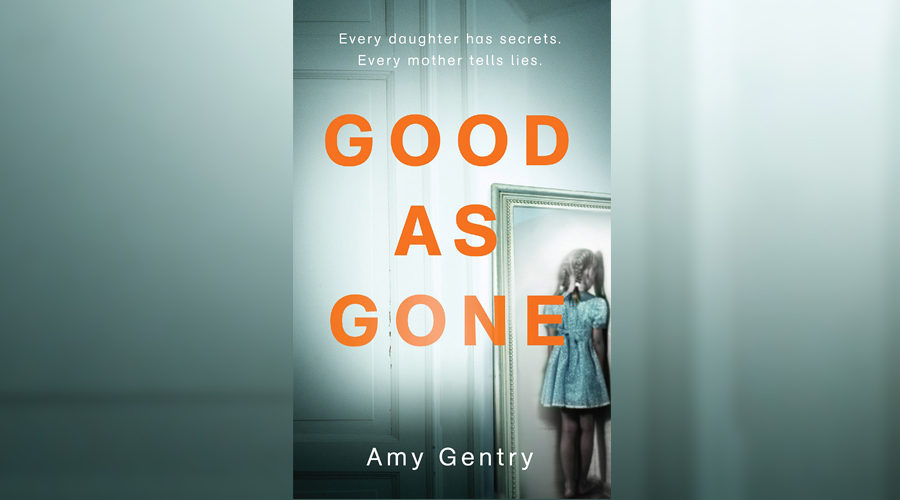Doctor Who: What went wrong with the British sci-fi series?
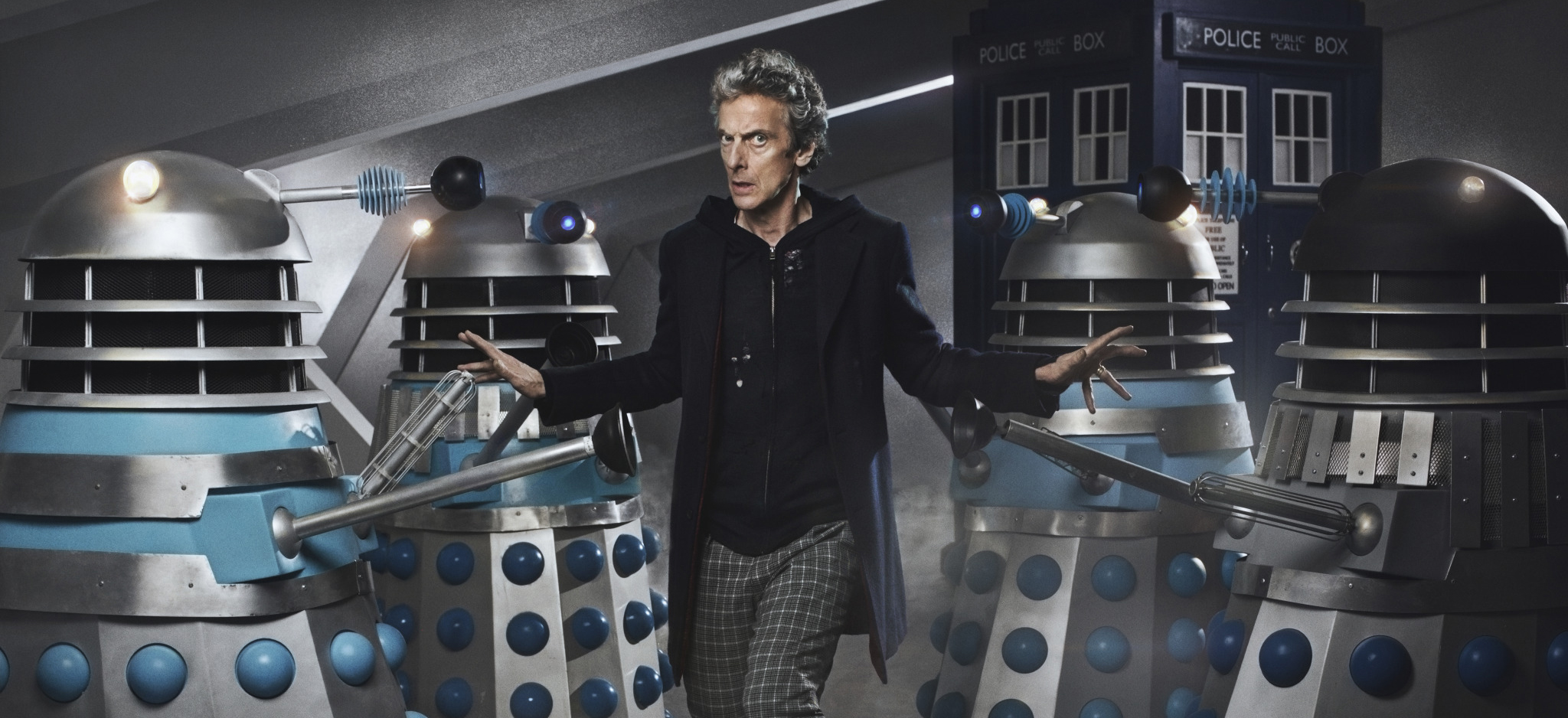
Remember when Doctor Who was a Saturday staple? It was beloved by children and (secretly) enjoyed by adults. But in the last few years viewing figures have dropped dramatically and now The Doctor finds himself at the lowest point since Russell T. Davies brought the series back in 2005. It quickly found a new audience, leaving many wondering how it got cancelled in the first place. There was also a point back in 2012 where it felt like The Doctor was going to take over the world with a higher budget and more impressive visuals; it felt like Matt Smith was going to take the show onto a global stage. And then it simply didn’t happen. So, what went wrong?
When Davies rebooted the series back in 2005 it was everything it needed to be – fresh, new and different from the paper mache sets of the original series. Christopher Eccleston’s Doctor was a perfect mix of eccentric scientist with too much curiosity and a hardened warrior. While it was sad to see him depart the show after one series, David Tennant’s tenure was heavily celebrated and he remains many people’s favourite Doctor. The Scottish actor, doing an impressive English accent, brought a touch of the best previous Doctors in his incarnation and something of his own. Yet, once Tennant waved goodbye to the role, so did showrunner Davies, and then came Steven Moffat.
Moffat is pure marmite. While he has undoubtedly written some of the best new episodes of the show, he is also a major reason why the show has seen a dip in ratings. Moffat is a great writer; just look at series three’s ‘Blink’. It was a brilliant episode that managed to be one of the best episodes the show has ever made with the Doctor barely in it. But while he can create perfectly crafted single episodes, when it comes to constructing an overarching arc throughout the series, Moffat can rarely keep things together. His first attempt was admirable with series five. SPOILER ALERT. The whole series worked around a storyline of a crack in the universe that was eventually caused by Big Bang Two, courtesy of The Doctor and his TARDIS. It was a brilliant storyline that was quietly and effectively woven into the series’ separate episodes. It all paid off in the end.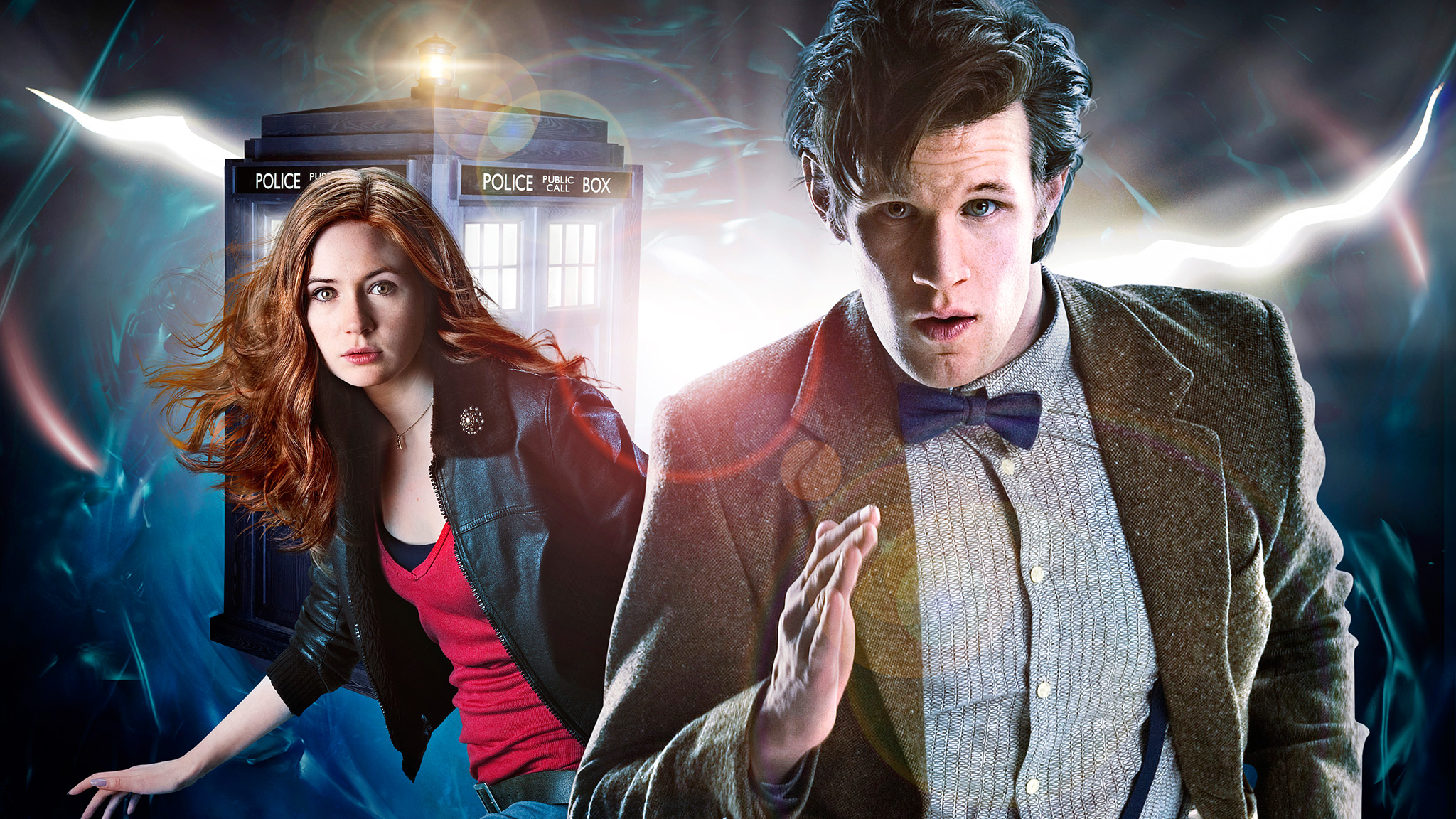 Fast-forward five years to the ninth series and it’s a completely different picture. After a convoluted and tiresome affair, Capaldi’s second series came to an end and it’s difficult to remember exactly what happened. Missy was doing something, Maisie Williams wouldn’t die, and it was clear Doctor Who needed a regeneration. Moffat’s overarching arc was clumsily ham-fisted into the storyline and Moffat’s biggest issue was so prominent it was impossible to ignore: His obsession with certain characters.
Fast-forward five years to the ninth series and it’s a completely different picture. After a convoluted and tiresome affair, Capaldi’s second series came to an end and it’s difficult to remember exactly what happened. Missy was doing something, Maisie Williams wouldn’t die, and it was clear Doctor Who needed a regeneration. Moffat’s overarching arc was clumsily ham-fisted into the storyline and Moffat’s biggest issue was so prominent it was impossible to ignore: His obsession with certain characters.
Moffat has spent most of his tenure centering on River Song, whose first appearance in series four was intriguing, but then she became a recurring character who would not go away. She even popped up in the 2015 Christmas Special alongside Capaldi. Song was an interesting character, to start with anyway, because she was shrouded in mysteries. However, the more and more she featured in the stories, the more we learnt about her and soon enough, we knew exactly who she was and why she was so relevant to The Doctor. She quickly became a convoluted character in a show quickly becoming full of convoluting characters.
Song also highlights another major issue with Moffat’s writing: He just cannot write women. Moffat is regularly lambasted for his inability to create convincing and complete female characters (he sparked an outcry with fans for his interpretation of Sherlock’ s Irene Adler). Every single major female character he writes is overly flirtatious and obsessive. Amy wants to snog The Doctor in front of her husband on their wedding, Clara treated The Doctor more like a boyfriend and there is even an insinuation that River had a ménage à trois with two Doctors. It’s a one-dimensional, lazy portrayal of half the human race, and it’s a major issue that has appeared to cause a lot of fans to switch channels. Moffat has somewhat rectified his mistakes with the latest companion, Pearl Mackie’s brilliant Bill, but Missy is set to feature in the latest series and she is as one-dimensional as the rest of Moffat’s female characters. It’s not only the female characters Moffat struggles with. The showrunner has appeared to forget that The Doctor is an extraordinary character who is the centre of the show. Instead, the recent series have become preoccupied with including characters that do nothing but detract the sense of sensation away from The Doctor. Everyone has to have a moniker, “the centurion”, “the girl who waited”, “the impossible girl”. It all plays out as a detraction to the real reason you watch the show, The Doctor. His companions were once normal regular Joes who acted as our gateways into this weird and wonderful world. Nowadays River Song can fly the TARDIS and Rory can live for two thousand years and die more times than Sean Bean in a Sean Bean film. With all these characters, where is the space and time for The Doctor to show off?
It’s not only the female characters Moffat struggles with. The showrunner has appeared to forget that The Doctor is an extraordinary character who is the centre of the show. Instead, the recent series have become preoccupied with including characters that do nothing but detract the sense of sensation away from The Doctor. Everyone has to have a moniker, “the centurion”, “the girl who waited”, “the impossible girl”. It all plays out as a detraction to the real reason you watch the show, The Doctor. His companions were once normal regular Joes who acted as our gateways into this weird and wonderful world. Nowadays River Song can fly the TARDIS and Rory can live for two thousand years and die more times than Sean Bean in a Sean Bean film. With all these characters, where is the space and time for The Doctor to show off?
Once Smith departed the show, it felt like the right time to shift the attention away from the companions and back onto The Doctor. At first it felt like the Twelfth Doctor was going to be something different. He was cold, serious and dour. In ‘Inside a Dalek’, The Doctor was fine with letting people die in order to save others. No sorry, no remorse. He was more like William Hartnell’s first Doctor than the kookier, friendlier incarnations that we had got so used to with new-Who. Coupled with an identity crisis, it felt like we were in for something new but then, as the series dragged on, Moffat lost his bottle and the Eleventh’s eccentric qualities started to seep through.
The Twelfth went from scolding people to playing guitars while wearing sonic sunglasses (yep, sonic sunglasses). Capaldi was struggling to find his footing on a character that wasn’t being written for him and this has haunted Capaldi’s tenure. The latest series seems to have finally got Capaldi’s version of the character right. He’s lost the wackiness and Smith-esque quirkiness that never suited him, and instead acts more like an old lecturer (which is fitting as that’s his job now) or elder statesman. He quips like a granddad and isn’t as obsessed with what he wears. It might be a relief that Capaldi’s getting the character he deserves but it’s too little too late for some fans.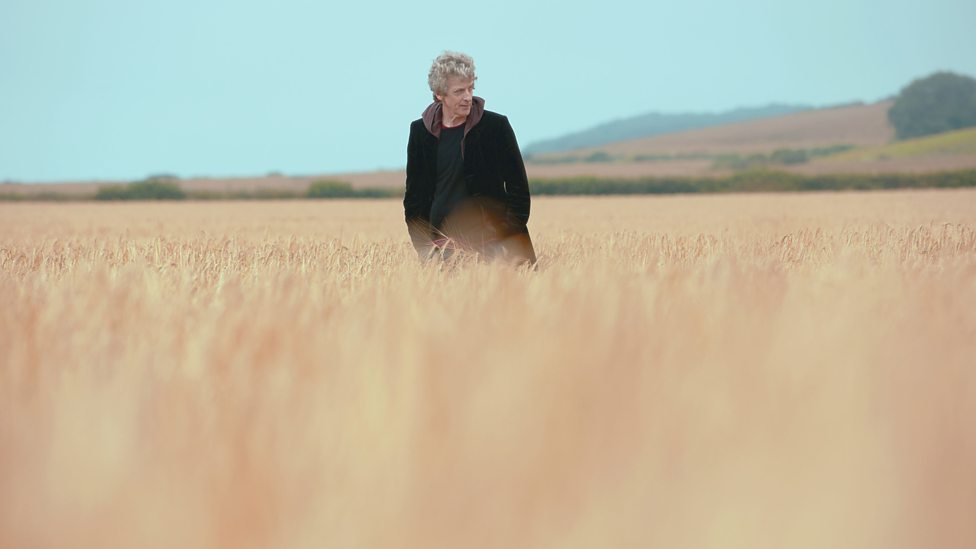 The BBC need to shoulder a hefty amount of the blame; even Capaldi himself has called out the beeb for not looking after one of its most profitable properties. Ever since Smith’s third series, the show began to jump around the listings, struggling to settle into a time slot that didn’t clash with the likes of The X Factor. This endless shifting caused many to either miss it or forget it was on at all. Sure you can watch it on catch up but that’s not going to help the BBC’s ratings much.
The BBC need to shoulder a hefty amount of the blame; even Capaldi himself has called out the beeb for not looking after one of its most profitable properties. Ever since Smith’s third series, the show began to jump around the listings, struggling to settle into a time slot that didn’t clash with the likes of The X Factor. This endless shifting caused many to either miss it or forget it was on at all. Sure you can watch it on catch up but that’s not going to help the BBC’s ratings much.
Then the series got split due to budgetary concerns, which left even the most knowledgeable Whovians confused. This clearly severely harmed the show. Not to mention the Netflix effect. When new-Who first aired, the idea of binge watching was unknown to fans and there was excitement in waiting a week to see the next episode. Twelve years later and it’s a completely different landscape with people watching whole series in one go, leaving the BBC’s classic format feeling like an old relic.
So how to fix the show? Getting a new showrunner, in the form of Broadchurch ’s Chris Chibnall, and a new Doctor is a good place to start. Also, not featuring River Song would be an even better place to start. Although it’s sad for fans that we won’t get to see a Moffat-free Capaldi Doctor, it will provide Chibnall a clean slate to give the show and its main character the revamp it needs. If Chibnall is to succeed he will need to cherry pick the best of his last two showrunners. A blend of Moffat’s habit of experimenting with time travel and Davies’ ability to write a solid series arc will make for a great series.
Who is set to take on the role of The Doctor remains to be seen but whoever does take it on will have the difficult task of bringing something new to the character, while simultaneously finding the thing that made Eccleston, Tennant and Smith work so well. But at least we all know one thing: It can’t be as bad as the new Top Gear.

